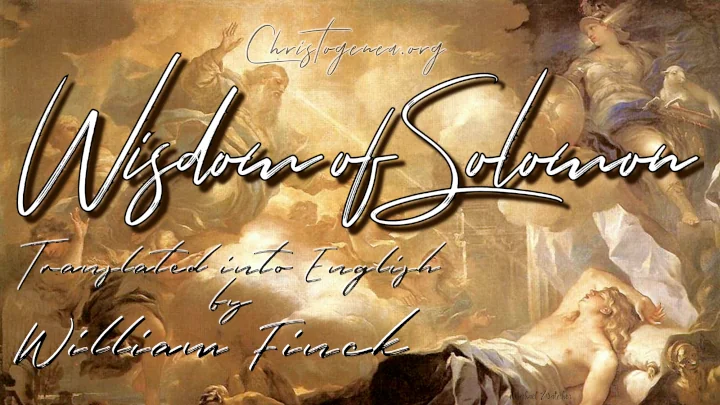
A completely new translation by William Finck of Christogenea.org, based on the text of the Rahlfs-Hanhart Septuaginta, but not necessarily following the punctuation of that edition. Download the PDF here. There is also a navigable chapter-by-chapter Greek-English Interlinear Version.
The Wisdom of Solomon is a profound and inspired work of literature, which, with all certainty, should have been included in the canonical Scriptures alongside the other works of Solomon, regardless of the fact that there is no extant Hebrew manuscript. The work is found in early lists of church canon, such as the Muratorian Canon, and it was included alongside the other Biblical books of wisdom in the Old Testament in the 4th century Codices Sinaiticus (א) and Vaticanus (B) and in the 5th century Codex Alexandrinus (A). While there have been contrary claims, for example at the Israeli website deadseascrolls.org, no supporting evidence has been presented, and therefore the work has evidently not been found among the Dead Sea Scrolls. However we must wonder if those examining the Scrolls would even recognize it, since there is no known Hebrew text against which to reference any possible fragments.
Passages from the Wisdom of Solomon were alluded to by Paul of Tarsus, and had obviously been an influence on him in his writings. For example, the “whole armor of God” analogy is very close to a description of the wrath of God found here in Wisdom chapter 5. In Romans chapter 8, Paul had used the term for creation in the same fashion as it was described in Wisdom chapter 19, in verse 6. Yet Wisdom also presages many of the illustrations which Yahshua Christ had employed in various of His parables in the Gospel, especially where Solomon spoke of races of men and their generations as trees and branches.
Of course, while we cannot imagine that Christ was inspired by Wisdom, His use of so many similar allegories in the same contexts certainly elucidates the fact that Solomon was inspired by Him. So in Wisdom we find rebukes of the lawless, the godless concept that “might is right”, the wandering of the impious into the corruption of their seed through miscegenation, and the fact that bad trees cannot produce good fruit, along with an exposition of some of the beginnings of idolatry. Finally, there is an analogy portraying the world of the wicked and of sin as Egypt and Sodom, much like the Revelation also attests, and the reordering of the creation of God in the organization of the children of Israel, which is how the history of the children of Israel had begun, and how Revelation also concludes. The Wisdom of Solomon is indeed a masterpiece of Christian theology, and a philosophical bridge between the Old and New Testaments which no true Christian should be without.

 Use the player linked here to listen to our live Internet radio streams. Click the image at right to listen!
Use the player linked here to listen to our live Internet radio streams. Click the image at right to listen!

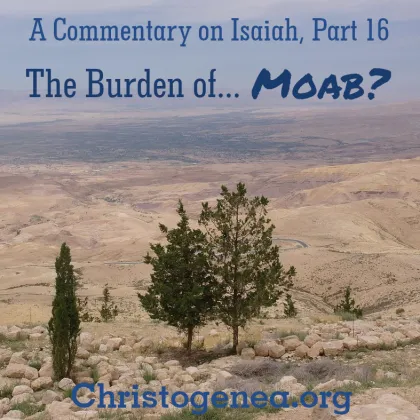
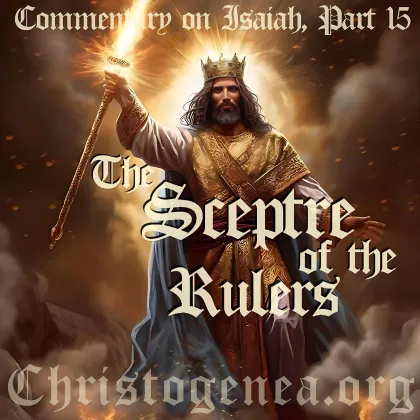



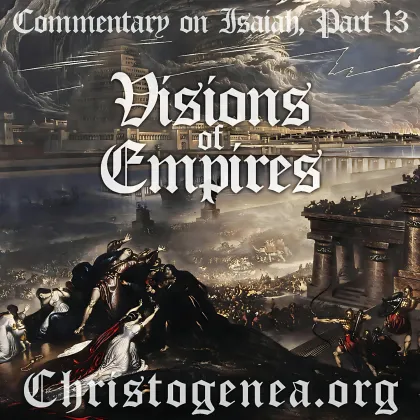
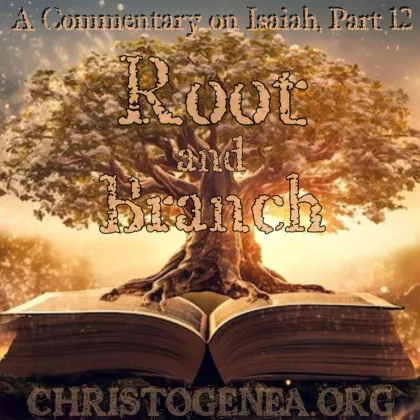

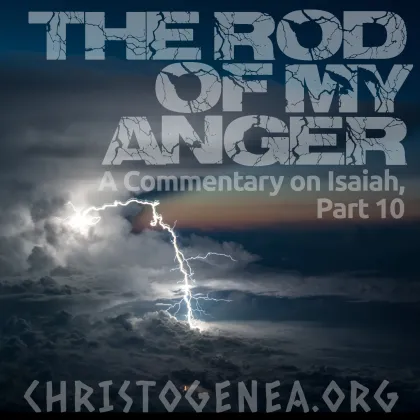
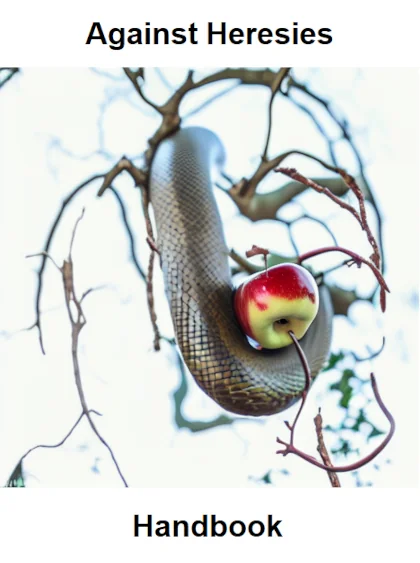
 These past few years, and the past few months especially, Christogenea has been cut off from most of its sources of funding.
These past few years, and the past few months especially, Christogenea has been cut off from most of its sources of funding. 




 This is a series of four podcasts which William Finck pre-recorded in June of 2016 for the Weekend Report.
This is a series of four podcasts which William Finck pre-recorded in June of 2016 for the Weekend Report.
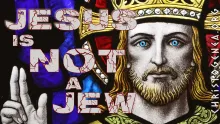




 Please click here for our mailing list sign-up page.
Please click here for our mailing list sign-up page.








Commentary and Podcast Categories